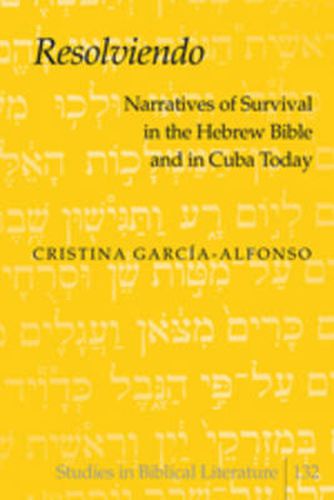Readings Newsletter
Become a Readings Member to make your shopping experience even easier.
Sign in or sign up for free!
You’re not far away from qualifying for FREE standard shipping within Australia
You’ve qualified for FREE standard shipping within Australia
The cart is loading…






This title is printed to order. This book may have been self-published. If so, we cannot guarantee the quality of the content. In the main most books will have gone through the editing process however some may not. We therefore suggest that you be aware of this before ordering this book. If in doubt check either the author or publisher’s details as we are unable to accept any returns unless they are faulty. Please contact us if you have any questions.
The story of Rahab (Joshua 2) has traditionally been interpreted as the account of a foreign woman and prostitute who changes the course of her life when she converts to Yahweh. In return for her faithful act of saving the spies sent by Joshua to search the land of Canaan, Rahab and her family obtain salvation once her city of Jericho is destroyed. The story of Jael (Judges 4:17-23) has commonly been read as Jael’s violent act of killing Sisera, King Jabin’s commander in chief, with a tent peg to his temple while he was asleep. Jael is perceived as someone who fails to fulfill the hospitality codes of her society. The story of Jephthah and his unnamed daughter (Judges 10:6-12:7) describes the tragic event in which Jephthah makes a foolish and horrible vow offering his innocent daughter in sacrifice to God. Typically this text is read as Jephthah being immensely irresponsible and his daughter being the poor victim who pays for her father’s oath.
Cristina Garcia-Alfonso proposes that the stories of Rahab, Jael, and Jephthah can be particularly enriched and give hope to contemporary contexts of hardship when they are read through the Cuban notion of resolviendo (survival). Using narrative criticism along with different contemporary approaches to the texts including feminist and post-colonial approaches, Garcia-Alfonso’s readings of the biblical narratives from a perspective of resolviendo offer insights in the struggle for survival many Cubans face today. Also explored are the implications that a reading through the notion of resolviendo or survival can have for other contexts in contemporary societies where survival is at stake.
$9.00 standard shipping within Australia
FREE standard shipping within Australia for orders over $100.00
Express & International shipping calculated at checkout
This title is printed to order. This book may have been self-published. If so, we cannot guarantee the quality of the content. In the main most books will have gone through the editing process however some may not. We therefore suggest that you be aware of this before ordering this book. If in doubt check either the author or publisher’s details as we are unable to accept any returns unless they are faulty. Please contact us if you have any questions.
The story of Rahab (Joshua 2) has traditionally been interpreted as the account of a foreign woman and prostitute who changes the course of her life when she converts to Yahweh. In return for her faithful act of saving the spies sent by Joshua to search the land of Canaan, Rahab and her family obtain salvation once her city of Jericho is destroyed. The story of Jael (Judges 4:17-23) has commonly been read as Jael’s violent act of killing Sisera, King Jabin’s commander in chief, with a tent peg to his temple while he was asleep. Jael is perceived as someone who fails to fulfill the hospitality codes of her society. The story of Jephthah and his unnamed daughter (Judges 10:6-12:7) describes the tragic event in which Jephthah makes a foolish and horrible vow offering his innocent daughter in sacrifice to God. Typically this text is read as Jephthah being immensely irresponsible and his daughter being the poor victim who pays for her father’s oath.
Cristina Garcia-Alfonso proposes that the stories of Rahab, Jael, and Jephthah can be particularly enriched and give hope to contemporary contexts of hardship when they are read through the Cuban notion of resolviendo (survival). Using narrative criticism along with different contemporary approaches to the texts including feminist and post-colonial approaches, Garcia-Alfonso’s readings of the biblical narratives from a perspective of resolviendo offer insights in the struggle for survival many Cubans face today. Also explored are the implications that a reading through the notion of resolviendo or survival can have for other contexts in contemporary societies where survival is at stake.